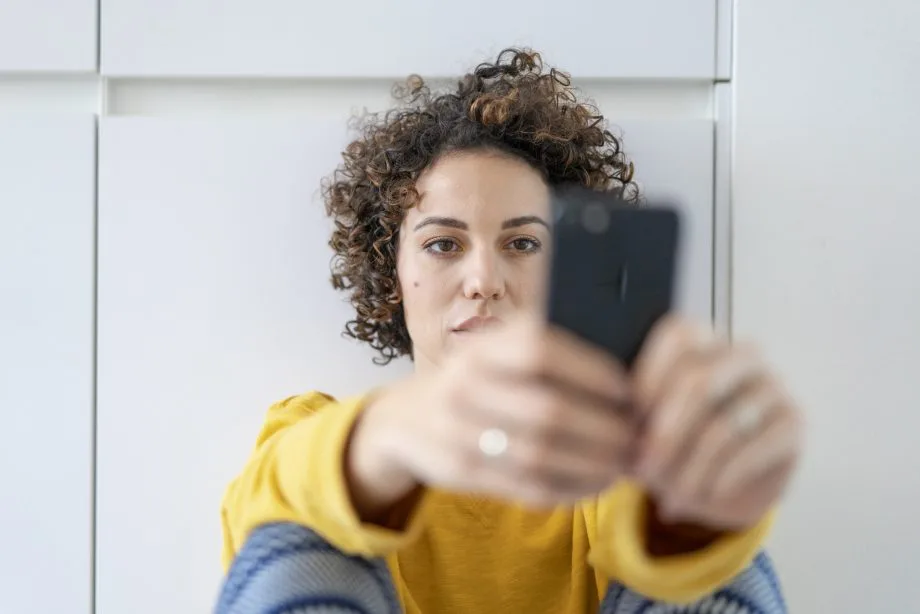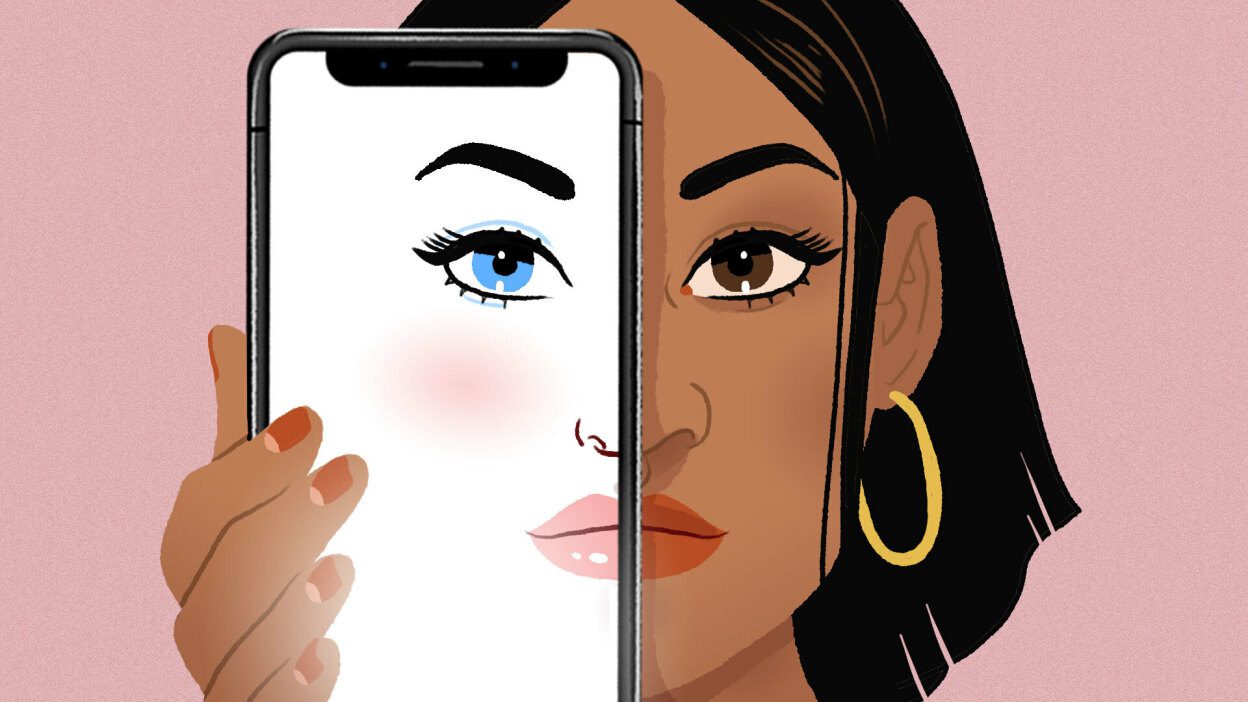Generation Black TV - Live
Social Media Filters, Feminism and Plastic Surgery
Are Social Media Filters Feminist?
For centuries, women have been bombarded with false and unattainable expectations of beauty, driven by the patriarchal image of the ‘ideal woman’. Whilst the image of this woman has changed a lot over the years, as different fashion trends and desirable body shapes have come and go, it remains that the expectations are there.
Through old forms of media like billboards, magazines and newspapers, women were forced to compare themselves with others and cultivate their own beauty to fit a standard made by somebody else.
Predictably, as social media has become more persistent in our daily lives, as has the extreme nature of these filters and expectations on young women. The  image of the ‘ideal woman’ isn’t a fixed axis but rather a constantly moving fantasy that women can hopelessly strive for. It thrives on the ability to update and move, making the most profit by being ever so slightly unattainable. And these standards are not only dangerous for women’s psyche but also damaging to society as they usually revolve around white, Eurocentric features and do not cater to people of colour.
image of the ‘ideal woman’ isn’t a fixed axis but rather a constantly moving fantasy that women can hopelessly strive for. It thrives on the ability to update and move, making the most profit by being ever so slightly unattainable. And these standards are not only dangerous for women’s psyche but also damaging to society as they usually revolve around white, Eurocentric features and do not cater to people of colour.
As a result, plastic surgery, a drastic and urgent solution to personal insecurities, has become part of the spectrum of beauty expectations. The increasing popularity of digital filters on social media apps has only fed into the fantasy that young women need to alter themselves to fit an ideal.
In the early 2010s, Snapchat filters became increasingly popular. These filters were invented, initially, for light fun but soon spiralled into face contorting and even skin tinting effects. Soon, the expectation for perfect selfies escalated; they had to be smooth with wide eyes, slim faces and sometimes inhuman embellishments, like sparkles and fake makeup.
Most recently, TikTok has introduced several new filters, including the ability to create your own. There are filters to give yourself freckles, makeup, change your eye shape and hair colour, and even to darken and lighten skin. One of the most confusing new TikTok filters is the ‘exhausted’ filter, which mimics bags under your eyes and wrinkles on the skin. While this filter doesn’t necessarily slot into traditional beauty expectations, it still experiments with physical features and feeds into a world in which people can redesign themselves.
As the years have gone on, various social media apps have invented different filters, and new apps have surfaced with the single intention of falsifying photos. FaceTune, the app known for its blurring and stretching tools, is one of the most popular.
What’s particularly concerning is just how different you can make yourself look. You can change your body shape, blur the entirety of your skin, change eye colour, whiten your teeth, and the list goes on. Essentially, you can digitally shop for a brand new face if you’re discontented with your own.
These filters have even become so commonplace online that young people are growing up believing real humans should like their favourite filter. In turn, teenagers look at themselves and find a million insecurities that previous generations didn’t face.
It unearths a dangerous complex that beauty must equal perfection. We are no longer allowing subjective beauty that is personal, cultural and varied. We’re creating a society with an idea of ‘perfection’ that can only be achieved by the very few yet is expected of all.
People are feeling these effects so strongly that they’re undergoing real plastic surgery and outpatient procedures to mimic what they see online. And what’s most frustrating is how quickly these standards can change. Somebody could go out of their way to undergo a complex Brazilian Butt Lift surgery, only to discover big bums are no longer the fashion two weeks later.
I’m not against plastic surgery, but I don’t think making the decision to alter with digital, edited and unrealistic standards in mind is healthy. When you become embroiled in these toxic beauty standards, you’re playing a losing game.
Most ordinary people do not have access to the money, connections or world-class doctors that celebrities and Instagram models do. Therefore, we’re not readily able to make our faces and bodies look the way they can, leaving people unsatisfied with their results.
With the persistence of these extreme filters, we’re slowly losing touch with the realities of our reflections, teaching our minds and bodies that simply by existing the way we were born to exist, we’re doing something wrong. It detaches us further from our reality and attempts to transport us into a fantasy world perpetuated by social media and porn in which every human is flawless, despite the very real complexities of the mind and body.
Women should be able to alter their appearance online and in-person if they choose to do so, but that decision is now warped by the warped digital versions of ourselves we see online. So, are social media filters feminist? The jury’s out.


